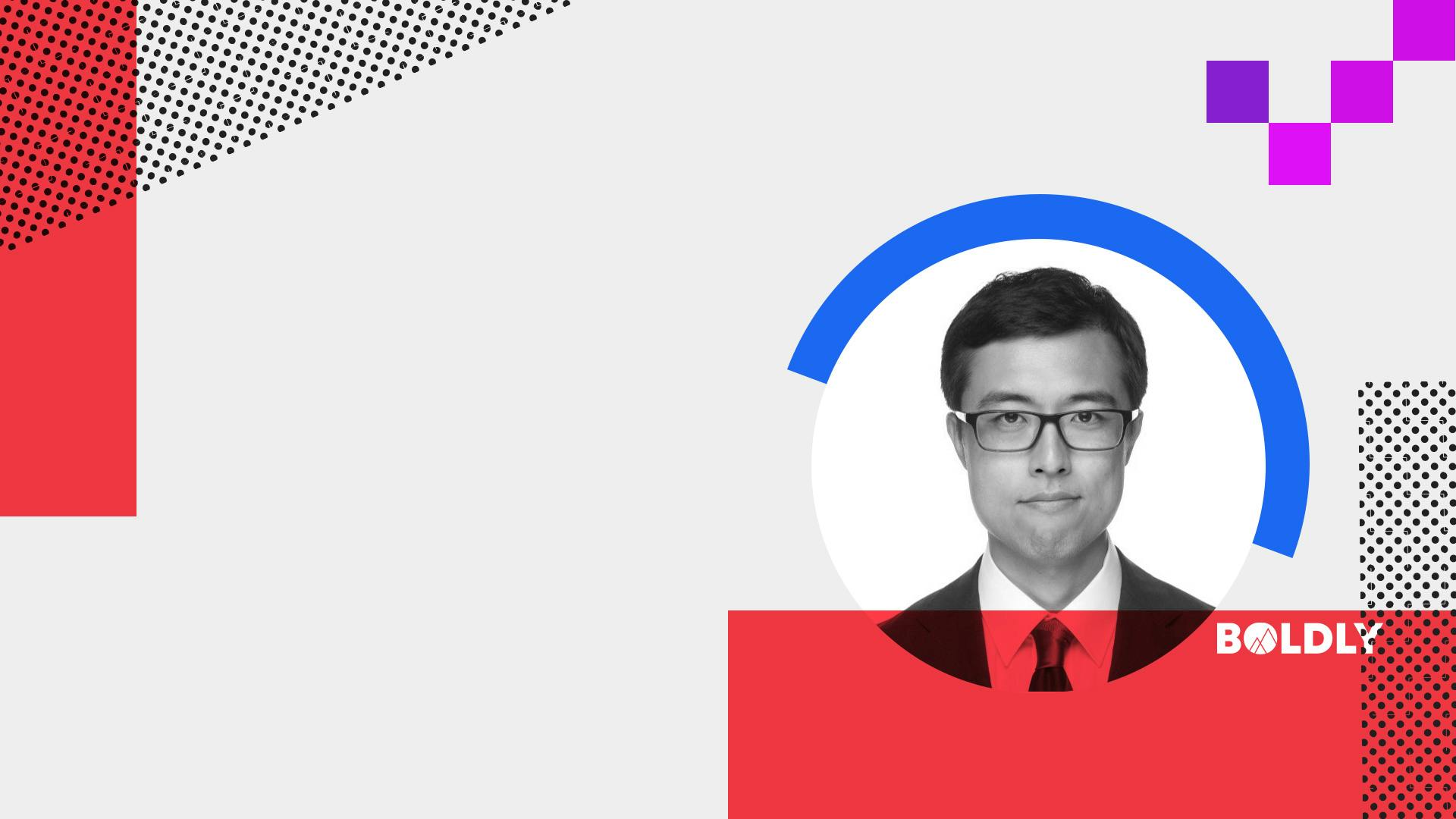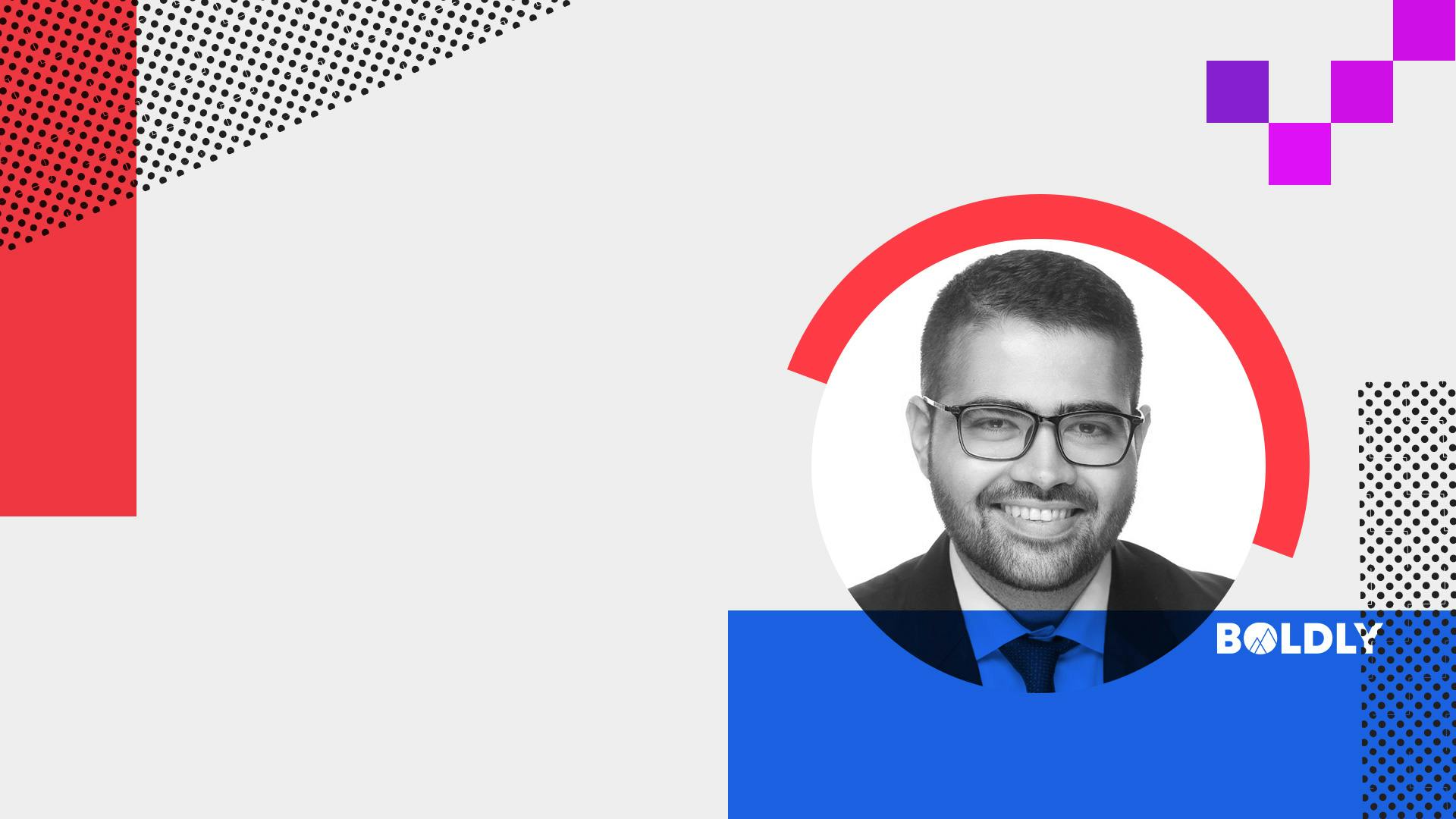Developing Emerging Leaders Under Transition
Posted by Alexandra Lamb
KAYSON & ALEX - JUNE 2020
Since you’ve completed your coaching journey, Kayson, how has your career transition panned out, and what role do you think coaching played?
KAYSON: I used to be an equity trader and now doing an internship in an asset management firm in China as quantitative researcher. I had a pleasant experience talking with Alex who helped me to make my career goal clearer. She was able to give me very useful suggestions on how to network with experts effectively.
Alex, what do you typically see as success factors for emerging leaders making a career transition with coaching?
ALEX: Kayson was a great example of this, as he really put himself into the mindframe for change, and was willing to get outside his comfort zone. In coaching, we often work with stretch assignments, and the emerging leaders commitment to follow through and fully immerse themselves in those assignments is crucial. So many leaders start with the best intentions, but Kayson actually followed through, even on the tough work.
Alex, you have been coaching Kayson both in person and remotely - what’s the advantages of this blended approach?
ALEX: It’s always great to meet in person, because communication flows more easily, and we can build rapport almost subconsciously when we’re sitting together, however with COVID and the distance between us, digital coaching was the next best thing. And since we already had that rapport, I didn’t see any impact of the change in modality. The blended approach became much more versatile - it’s not only practical and pragmatic.
In your view, how has COVID impacted career transition plans? What are you seeing amongst emerging leaders in terms of their options for industry or role change?
KAYSON: The world is gradually being changed by technology during past few years, COVID makes such change much more faster. It is predictable that the requirement and demand for talents will change every year post COVID. Therefore, emerging leaders who are more versatile and have strong learning skills will be more competitive.
ALEX: I completely agree - versatility is essential. I have a lot of coaching counterparts with a fixed view of their career goals, and COVID has been a rude shock - they’re struggling to adjust their career development plans and not become ‘victims’ of the economy. There are still industry and role moves out there for emerging leaders to make, with a lot of hiring and smart talent practices happening inside companies, but all this is open for people with growth mindset - if you see opportunity and abundance, and you’re critical but not cynical of reality, the career options present themselves.
Considering COVID, how do you think coaching prepped you for the new future of work?
KAYSON: One of the major impact of COVID is that people are more connected than before with the help of online apps and platforms. Networking skills becomes more important to get to know the latest trend of industry from experts in order to keep up with the development of the world. Alex helped me to be better prepared for networking with people from different backgrounds under different situations.
Do you have any suggestions for professionals taking on coaching - how can they make sure they get the best out of the experience?
ALEX: Get ready to be uncomfortable, and commit to a journey with your coach. Push them as much as they push you - it’s a challenging relationship if you really get the dynamic right. Be prepared to hear tough questions, and as I said before, it’s so key to follow through on the experiments you set for yourself in coaching - if it’s worth setting a goal and getting creative about how to hit it, then it’s worth doing the homework to actually see how it works.
If you're interested in learning more about how BOLDLY can help your organisation, we invite you to explore our or contact us here.
About the Author:
Alexandra Lamb is an accomplished organisational development practitioner, with experience across APAC, North America, and MENA. With 20+ years in professional practice, conglomerates, and startups, she has collaborated with rapid-growth companies and industry innovators to develop leaders and high-performance teams. She is particularly experienced in talent strategy as a driver for business growth. Drawing from her experience in the fields of talent management, psychology, coaching, product development, and human-centred design, Alex prides herself on using commercial acumen to design talent solutions with true impact.




